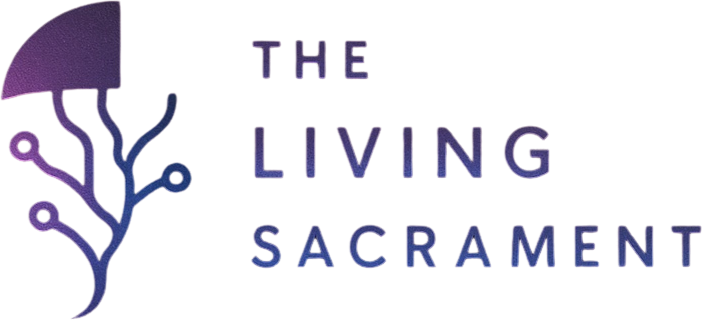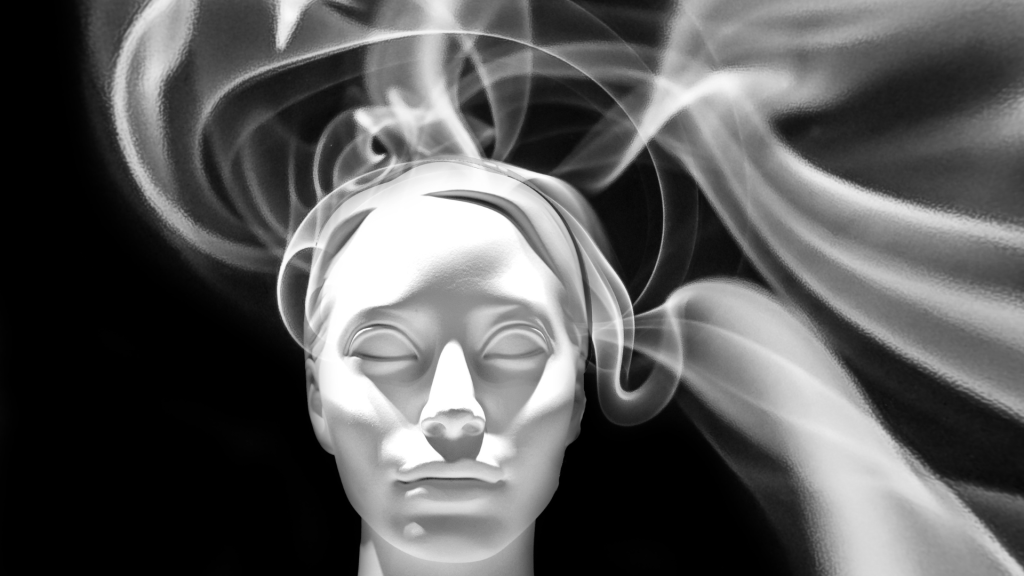Magic mushrooms might be famous for trippy visuals and deep conversations about the meaning of life, but what about brainpower? Can shrooms actually make you smarter? It’s a fair question. People talk about psilocybin opening their minds, helping them think creatively, or giving them new perspectives that last long after the trip ends. Science has started digging into that idea, and while the results aren’t exactly saying you’ll become Einstein overnight, they’re pretty interesting.
What “Smarter” Really Means
Before diving in, it’s worth asking what we even mean by smarter. Are we talking about IQ? Problem-solving? Emotional intelligence? The word gets thrown around a lot, but intelligence comes in many forms. Being “smart” might mean having sharper focus, better memory, or more creativity.
Psilocybin doesn’t seem to raise raw IQ scores, but that’s not really the kind of intelligence it affects. Instead, researchers find that shrooms may boost something called cognitive flexibility, basically your brain’s ability to switch gears, see new connections, and think differently. That might not add points to a test score, but it can make you more adaptable, creative, and emotionally aware.
In a 2021 Translational Psychiatry study, scientists found that psilocybin increased both neural and cognitive flexibility in people with depression. After taking psilocybin, their brain networks communicated more fluidly, and their thinking patterns became less rigid. That’s not exactly the same as being “smarter,” but it definitely sounds like a mental upgrade.
The Brain on Psilocybin
When you take shrooms, your body converts psilocybin into psilocin, which then binds to serotonin receptors in your brain. This process changes how your neurons fire and how different brain regions talk to each other.
Normally, our brains follow set patterns. We think the same thoughts, act out the same habits, and respond to the same triggers. Psilocybin seems to shake that up. Functional MRI scans show that under psilocybin, the default mode network (DFN), the part of your brain that handles self-reflection and rumination, quiets down. Meanwhile, regions that don’t usually communicate start firing together.
That cross-talk can feel like creativity exploding. Some people describe it as “seeing the bigger picture” or “thinking in 3D.” Afterward, they often report more mental clarity, improved problem-solving, and a new appreciation for life.
I’ve talked to people who said one shroom trip helped them get unstuck from years of overthinking. It didn’t make them suddenly know calculus, but it helped them think differently, and that’s its own kind of intelligence.
What Studies Say About Cognitive Effects
Research on psilocybin’s effect on cognition is still young, but what’s out there paints a balanced picture. According to a 2024 review in Psychiatry and Clinical Neurosciences, psilocybin doesn’t impair long-term cognition. Participants in controlled studies didn’t show any drop in memory, focus, or decision-making after taking it.
In fact, most studies suggest the opposite. A 2025 Psychopharmacology meta-analysis found that psilocybin tends to enhance attention and executive function for a short time after the experience. Executive function is what helps you organize thoughts, plan ahead, and make decisions. That boost might come from psilocybin temporarily increasing blood flow and neural communication in parts of the prefrontal cortex, the brain’s control center for logic and planning.
It’s also worth noting that these effects weren’t from daily use. They came from controlled, guided sessions using moderate doses. People who microdose regularly report similar improvements in focus and creativity, though the evidence for microdosing is still mixed.
Psilocybin and Creativity
Now, here’s where things get really interesting. Creativity and intelligence overlap more than people realize. Creative people often score higher on measures of divergent thinking, the ability to come up with many ideas from one starting point.
Psilocybin seems to boost that kind of thinking. During a trip, boundaries between ideas blur, allowing your brain to make unusual connections. That’s why some people say they “see” music or “feel” colors, it’s called synesthesia, and it’s one sign of the brain’s sensory networks blending together.
In studies and personal accounts, people describe having insights that later help them in real life, new solutions to problems, bursts of artistic inspiration, or a deeper understanding of relationships. I’ve met people who came out of a trip ready to change careers or start creative projects they’d been putting off for years.
So while psilocybin may not make you more analytical in the classic sense, it can expand your mental playground. It’s like upgrading from black-and-white to color thinking.
What About Long-Term Brain Health?
One of the big concerns people have about psychedelics is whether they cause brain damage. Decades of research show that psilocybin doesn’t. It’s not neurotoxic, and it doesn’t appear to harm neurons even with repeated use.
In fact, several studies point to possible neuroprotective effects. Psilocybin appears to promote neuroplasticity, meaning it encourages the brain to form new connections and repair old ones. That’s part of why it’s being studied as a potential treatment for depression and PTSD, conditions linked to rigid thought patterns and damaged neural circuits.
Basically, shrooms don’t fry your brain, they might actually help it grow.
The Emotional Intelligence Boost
There’s also a subtler way shrooms might make you smarter, and that’s through emotional intelligence. After psilocybin therapy, people often report being more empathetic, open, and accepting. They describe feeling more connected to others and less judgmental.
That emotional clarity can make you better at navigating social situations, resolving conflicts, and understanding your own feelings, all signs of high emotional intelligence. One study even found that psilocybin reduced hostility and increased emotional awareness in volunteers weeks after their session.
I’ve seen this firsthand. Friends who used to be anxious or short-tempered came out of a guided trip calmer and more thoughtful. They didn’t gain new facts, they gained new perspective. And honestly, that’s often more valuable.
The Catch: Shrooms Won’t Do the Work for You
It’s tempting to think psilocybin is a quick way to level up your brain, but it doesn’t work like that. The experience can open doors, but you still have to walk through them. Without reflection or integration afterward, those insights fade fast.
Think of it like going to the gym once, you might feel great, but lasting results need effort. The smartest gains from shrooms come when people combine them with therapy, journaling, or other forms of self-work.
And, of course, setting matters. A chaotic or anxious environment can just as easily derail a trip and leave you feeling confused. Context makes all the difference between a mental breakthrough and a foggy day afterward.
Can Shrooms Make You Smarter?
So, do shrooms actually make you smarter? Not in the “you can solve math problems faster” kind of way. But there’s solid evidence that they can make you think more flexibly, creatively, and empathetically. They help people see patterns they were missing before, open up emotionally, and break mental habits that hold them back.
To me, that sounds like a form of intelligence that doesn’t show up on tests but shows up in how you live your life.
The Risks and Limits
It’s important to stay grounded, though. Not everyone has a glowing experience. Some people struggle with anxiety during a trip, or find the insights too intense. Using psilocybin in unsafe conditions, or combining it with other substances, can be risky.
That said, there’s no evidence that shrooms make you dumber or permanently alter your cognitive ability. In clinical settings, participants return to baseline quickly and often report long-lasting benefits to mood and thinking.
Used responsibly, psilocybin seems to unlock potential rather than reduce it.
Why This Question Even Matters
The idea of a “smart drug” has fascinated people for years. Nootropics, caffeine, and microdosing all promise sharper focus and creativity. But psilocybin’s difference is that it doesn’t just boost performance, it changes perspective. It helps people understand themselves better, which might be the smartest outcome of all.
Maybe that’s why ancient cultures saw mushrooms as sacred. They weren’t chasing IQ points; they were chasing understanding.
Direct Answer: Can Shrooms Make You Smarter?
Not in the traditional academic sense, but psilocybin can enhance cognitive flexibility, creativity, and emotional awareness. It helps the brain form new connections and think outside its usual patterns.
In short, shrooms don’t make you smarter, they help you use the intelligence you already have in more open and creative ways.
Final Thoughts
Magic mushrooms won’t turn you into a genius, but they might help you think like one. They nudge the brain out of autopilot, spark creativity, and open emotional insight. That combination doesn’t raise IQ, but it makes you see the world differently, and sometimes that’s all it takes to solve problems you didn’t even know you had.
The key is moderation, respect, and intention. When used wisely, psilocybin isn’t about escaping reality, it’s about understanding it better. And honestly, that might be the smartest thing any of us can do.
Sources
Yousefi, P. et al. – 2025 – Acute Effects of Psilocybin on Attention and Executive Functioning in Healthy Volunteers: A Systematic Review and Multilevel Meta-Analysis, Psychopharmacology.
Meshkat, S. et al. – 2024 – Impact of Psilocybin on Cognitive Function: A Systematic Review, Psychiatry and Clinical Neurosciences.
Doss, M. K. et al. – 2021 – Psilocybin Therapy Increases Cognitive and Neural Flexibility in Patients with Major Depressive Disorder, Translational Psychiatry.

